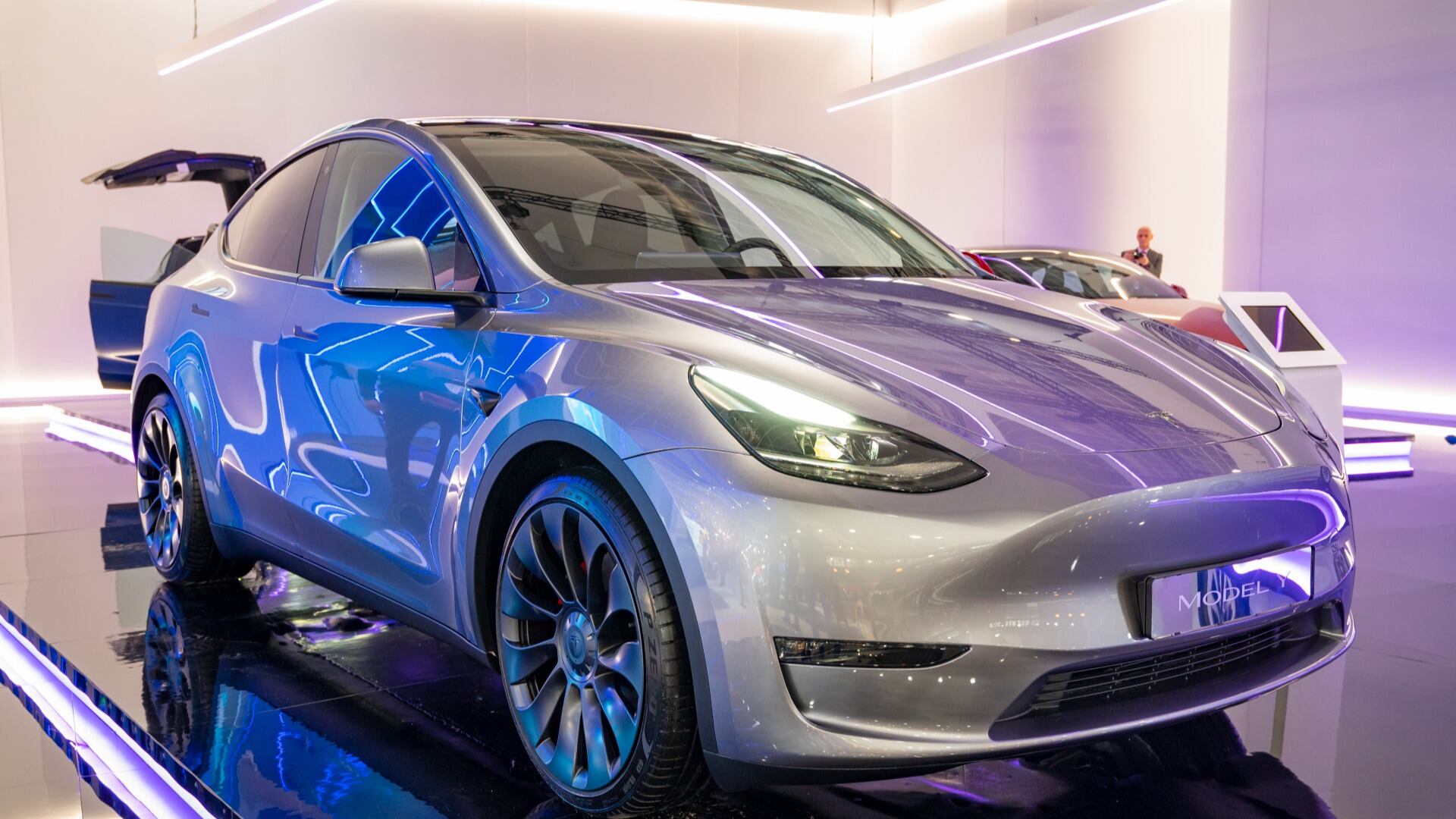The U.S. Treasury Department has changed the standard for what kind of electric vehicles qualify for a federal tax benefit under the Inflation Reduction Act.
Before this change, electric vehicles such as the Tesla Model Y, Ford Mustang Mach-E, Cadillac Lyriq, and Volkswagen’s ID.4 were not considered SUVs because of their lower weight. This meant they couldn't access the credit that capped Manufacturer Suggested Retail Price (MSRP) at $80,000, and they were too expensive to get access to the credit with the $55,000 cap.
Tesla CEO Elon Musk tweeted a month ago that the prior rule was "messed up!"
Now these newly minted SUVs qualify for the $7,500 credit if they cost $80,000 or less, while cars, sedans, and wagons continue to qualify if they are priced less than $55,000.
"This change will allow crossover vehicles that share similar features to be treated consistently," said the Treasury Department in a press release. "It will also align vehicle classifications under the clean vehicle credit with the classification displayed on the vehicle label and on the consumer-facing website FuelEconomy.gov."









